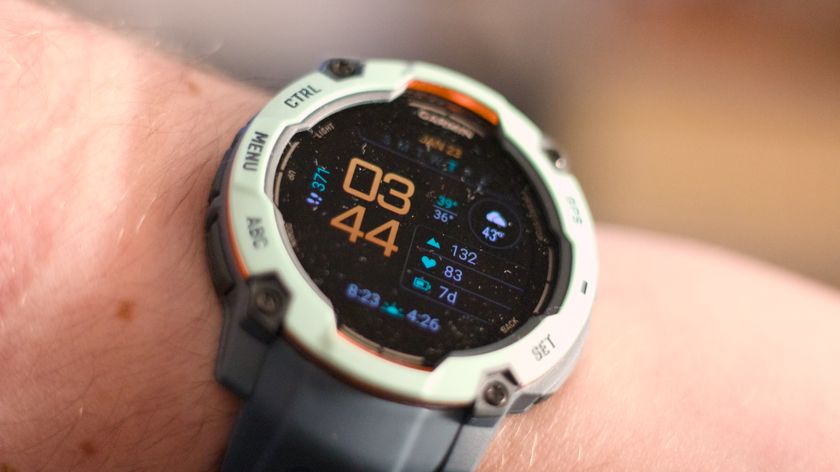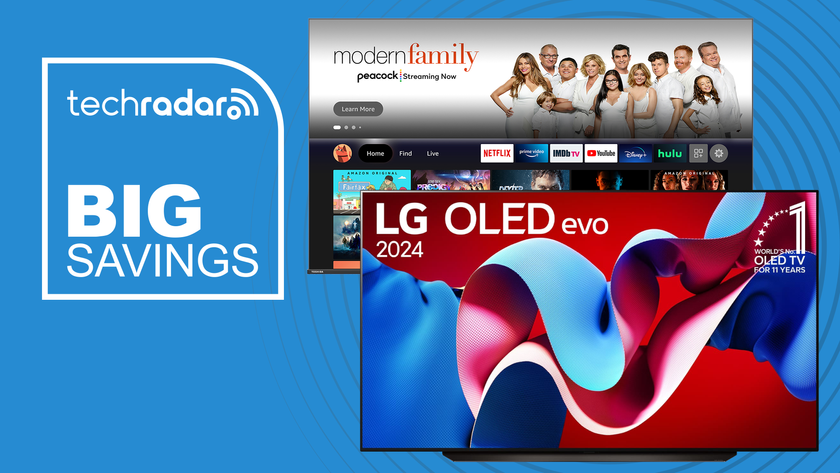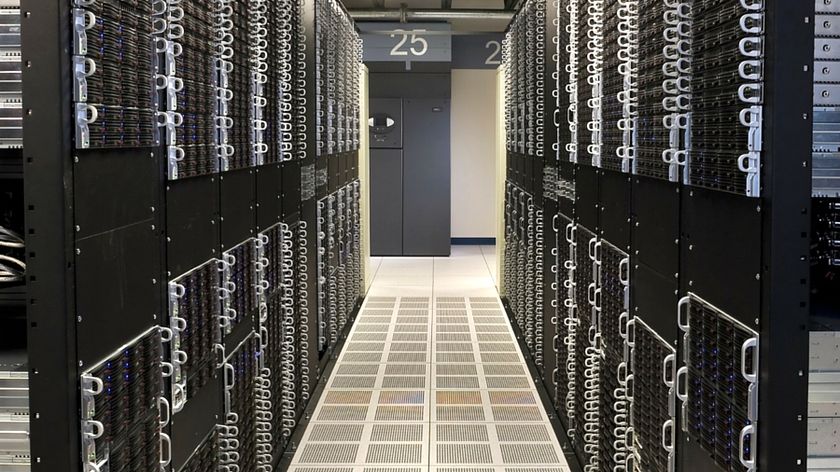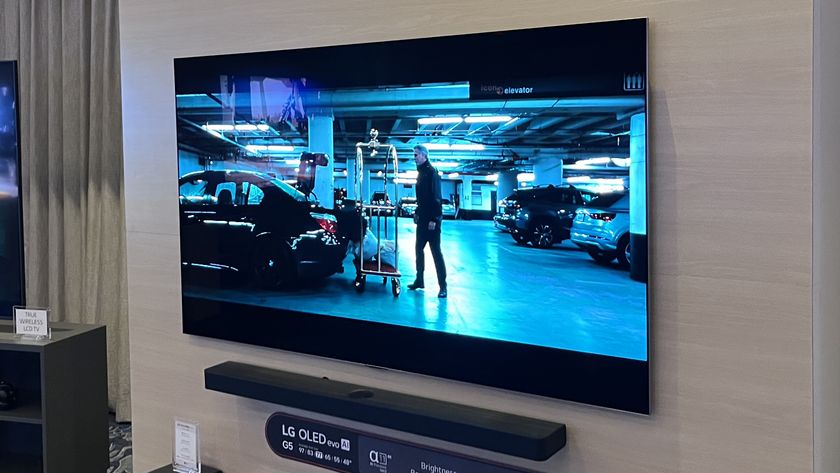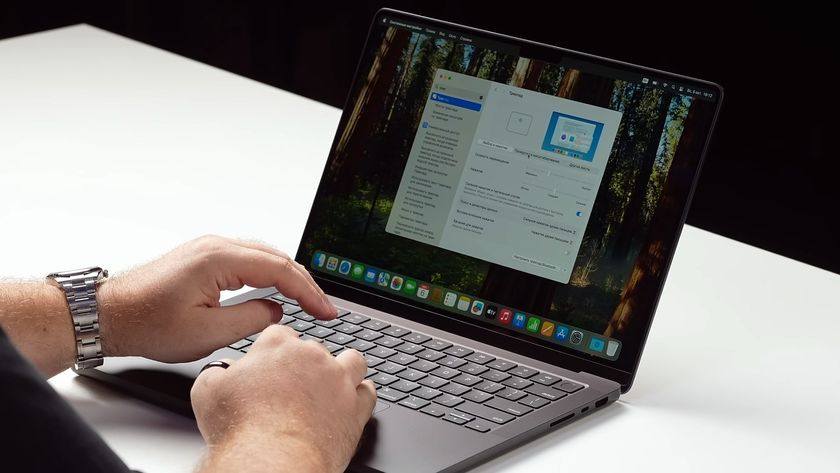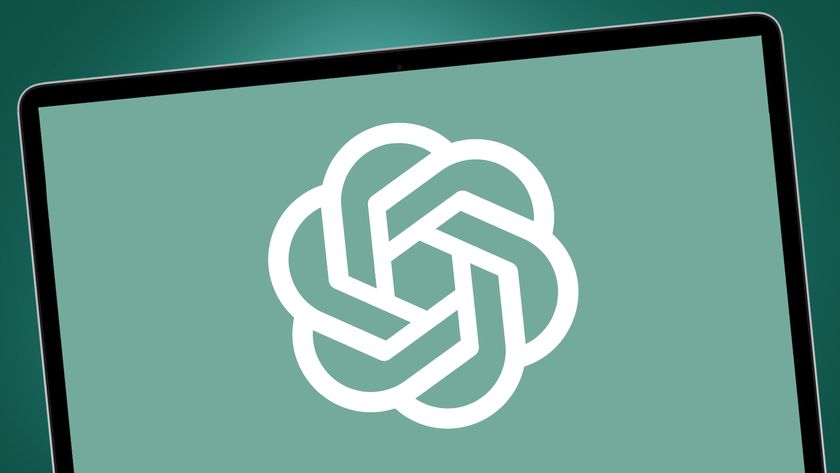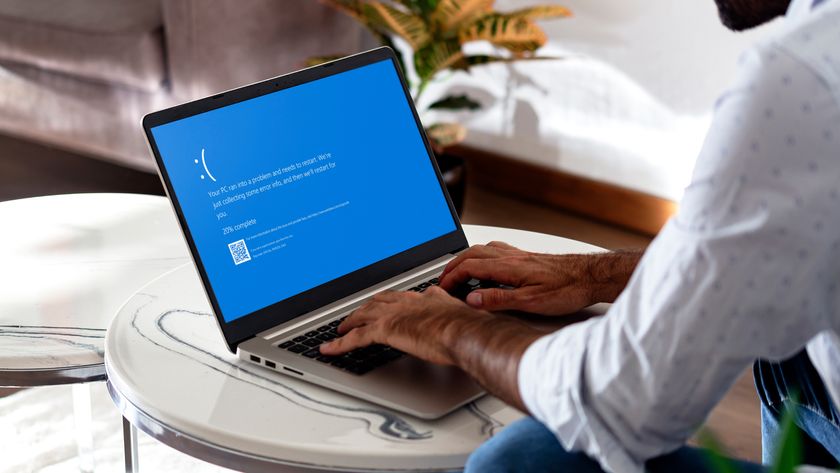Beyond Windows Mobile 6.5: looking to the cloud
Windows Phone about "freedom and choice" says Microsoft
There are persistent rumours that Microsoft is creating a version of the Windows kernel that can run on the ARM processor that powers many smartphones (including Qualcomm's 1GHz Snapdragon platform).
Sullivan calls the space between the phone and PC "very interesting" and insists that "our platform and strategy are not contra-indicated. There already is a new thing that's between here, it's called a netbook or a MID.
The MID is coming more from the phone space and the netbook is coming more from the PC space but if this part of the platform really becomes more of a spectrum - more of a continuum than discrete options – our platform already accounts for that."
He calls the fact that Windows and Windows phone (and other parts of the Windows platform like Xbox) don't have the same kernel "a little bit of weirdness today" but he says that doesn't make a difference to the end user – or to developers.
"It's something folks have talked about over time as these devices get more and more powerful – and I think our CEO has said something about that so I'm not going off the reservation here – but the MID and netbook space is highly compatible with our approach."
Going completely multi-touch?
On the hardware side, he says resistive touch isn't going away because you need the stylus for handwriting recognition and dense screens like spreadsheets.
Get daily insight, inspiration and deals in your inbox
Sign up for breaking news, reviews, opinion, top tech deals, and more.
"The disadvantage of capacitive screens is the cost you pay in precision; 7mm diameter is the minimum you can have so all your UI elements have to be at least that large so you have that trade-off for the density of information you're able to interact with.
"If we evolve the user experience in important ways that folks have come to expect from a consumer device I will able to touch it with my finger and be able to drive the majority of day to day interaction purely with my finger but I also still have the ability to have that fine degree of control so I really have the best of both worlds."
We might see the multi-touch capabilities from the HTC Leo on other Windows phones in the future too. "We did a bunch of work in our platform to enable the improvements in the user interface," says Sullivan;" and we'll continue to iterate on that".
And while he didn't put any date on more multi-touch, he did emphasis that "You'll see an increase the frequency of delivery on new features. I think it's a fair criticism that over the last several years as the industry has accelerated we need to accelerate our delivery of innovation - and you'll see that."
But just because mobile is the future, that doesn't mean the PC isn't, he says. "We hear 'The PC is dead, it's all mobile'. Until I get the holographic 3d floating display where I can shop for a car on my phone in a higher degree of visual detail than I get on my PC today - that ain't going to happen."
- 1
- 2
Current page: A new Windows kernel for mobile platforms?
Prev Page Microsoft's "complete offering"Mary (Twitter, Google+, website) started her career at Future Publishing, saw the AOL meltdown first hand the first time around when she ran the AOL UK computing channel, and she's been a freelance tech writer for over a decade. She's used every version of Windows and Office released, and every smartphone too, but she's still looking for the perfect tablet. Yes, she really does have USB earrings.
